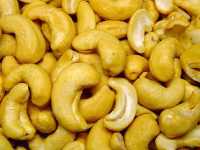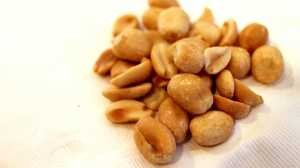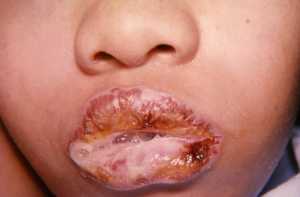Allergies, Author Interviews, Genetic Research, Hepatitis - Liver Disease / 08.09.2020
Polygenic Diagnostic Testing Helps Determine Risk of Drug Induced Liver Disease
MedicalResearch.com Interview with:
Takanori Takebe MD
Director for Commercial Innovation, Center for Stem Cell and Organoid Research and Medicine (CuSTOM)
Assistant Professor, University Cincinnati
Department of Pediatrics, Cincinnati Children’s
Professor, Institute of Research
Tokyo Medical and Dental University, Japan
MedicalResearch.com: What is the background for this study? What are the main findings?
Response: Drug induced liver injury (DILI) is rare yet highly unpredictable disorder that oftentimes causes drug failure withdrawn from the market during clinical trial even at a very rare incidence of DILI (1/10,000). Indeed, one particular drug TAK875 (Fasigliam) was the case despite promising efficacy. This not only disappoints patient but impact significant financial risk to pharmaceuticals.
In collaboration with DILI genomics consortium at US, EU and UK, we’ve found +20,000 genetic make up (variants) defines potential risk of developing Drug induced liver injury thru amplifying cellular stress signal cascades that were investigated by human cell, organoid and patient datasets.
(more…)




 MedicalResearch.com: What is the background for this study?
Response: The PEOPLE study is an open-label extension of the Phase III PEPITES trial designed to evaluate the long-term safety, tolerability and efficacy of Viaskin Peanut 250 μg (DBV712). Participants who completed the 12-month study period of PEPITES were eligible to enroll in PEOPLE, which evaluates the eliciting dose (ED) after three years (Month 36) of active treatment using a double-blind, placebo-controlled food challenge (DBPCFC).
MedicalResearch.com: What is the background for this study?
Response: The PEOPLE study is an open-label extension of the Phase III PEPITES trial designed to evaluate the long-term safety, tolerability and efficacy of Viaskin Peanut 250 μg (DBV712). Participants who completed the 12-month study period of PEPITES were eligible to enroll in PEOPLE, which evaluates the eliciting dose (ED) after three years (Month 36) of active treatment using a double-blind, placebo-controlled food challenge (DBPCFC). 